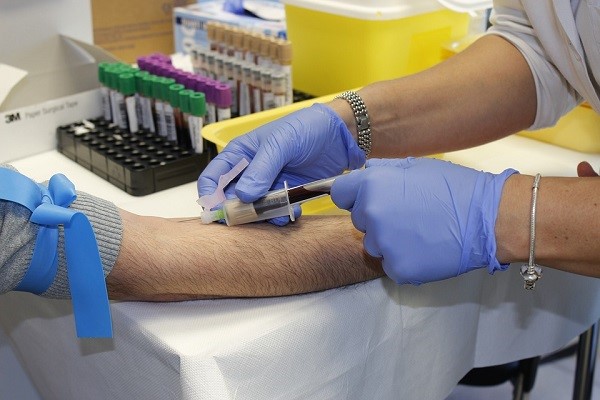Home health is one of the careers that is highly sought after due to the many demanding and independent aspects of the career. The autonomy and isolation inherent in these careers can be hard to handle without supervisions and guidance, so many people just cannot hack it.
The home health practitioner needs to be very proactive and also be able to make quick and sound decisions because the clinical support is usually not there to back you up in an emergency situation. The typical home health employee works out of their house and drives their car to the client’s place of residence. With this in mind, here is an overview of five home health careers to consider.
Home Health Aide
Home health aides are in such high demand that the career outlook from 2014-2024 is to gain by 38% because of the aging baby boomer generation.
There is no formal education requirement that is essential to be an aide, but most candidates have attained a high school diploma or GED. Some home health agencies or hospice centers require short term training and passing a certification test.
Most aides work with patients that have cognitive difficulties, physical disabilities, or some type of chronic illness that precludes them from activities in daily life. Some patients are bedridden and need bed-turning, help eating, or if under a supervisor, they can help with medication.
Licensed Practical Nurse
A Licensed Practical Nurse provides basic medical care and works under the supervision of a registered nurse or a physician. To become an LPN it typically takes around one year to complete a state approved certificate or degree program and then be eligible for licensing. The average pay for an LPN was around $44,090/ yr in 2016, and employment is predicted to gain 16% from 2014 – 2024.
Patient Service Technician
The patient service technician is an important role in home health because of the vital medical equipment that is used with the patients on the job. The patient tech needs a clean driving record, as well as the ability to transport and setup the equipment for the patient.
Additionally, the tech will educate the patient or caregiver on the safety and the maintenance involved in the medical equipment. No formal education is usually required depending on the agency hiring the technician. However, a high school diploma is the typical prerequisite along with education and relevant experience or a combination of both.
The average salary for a patient service tech can range from $10.50 – 15.00/ hr and higher depending on agency, experience, education and /or training.
Phlebotomist
A phlebotomist typically draws blood from a patient or donor in order to send for specimen analysis. There is not a standard route to becoming a phlebotomist, but on the job training and phlebotomy schools are available to someone pursuing this home health career.
The average phlebotomy salary in 2016 was $32,710 per year. Many times phlebotomists will further their career to working in a clinical or laboratory setting by completing a 2 or 4 year degree to make better money.
Habitual Technician
This is an interesting role for home health and can be quite diverse. The responsibility of the habitual tech is to assist with daily livings, but empower and motivate the patient to be more independent. The Hab tech will work with the patient to compensate in such tasks as grocery shopping, scheduling certain appointments, and even helping with memory tasks such as brushing teeth.
The Hab tech usually needs around one year on the job experience working with adults or children with developmental or cognitive disabilities of some nature. The average pay for a Habitual technician is around $10.00 – $14.00/hr depending on agency, education and/or experience.
Find a Home-Based Business to Start-Up >>> Hundreds of Business Listings.

















































